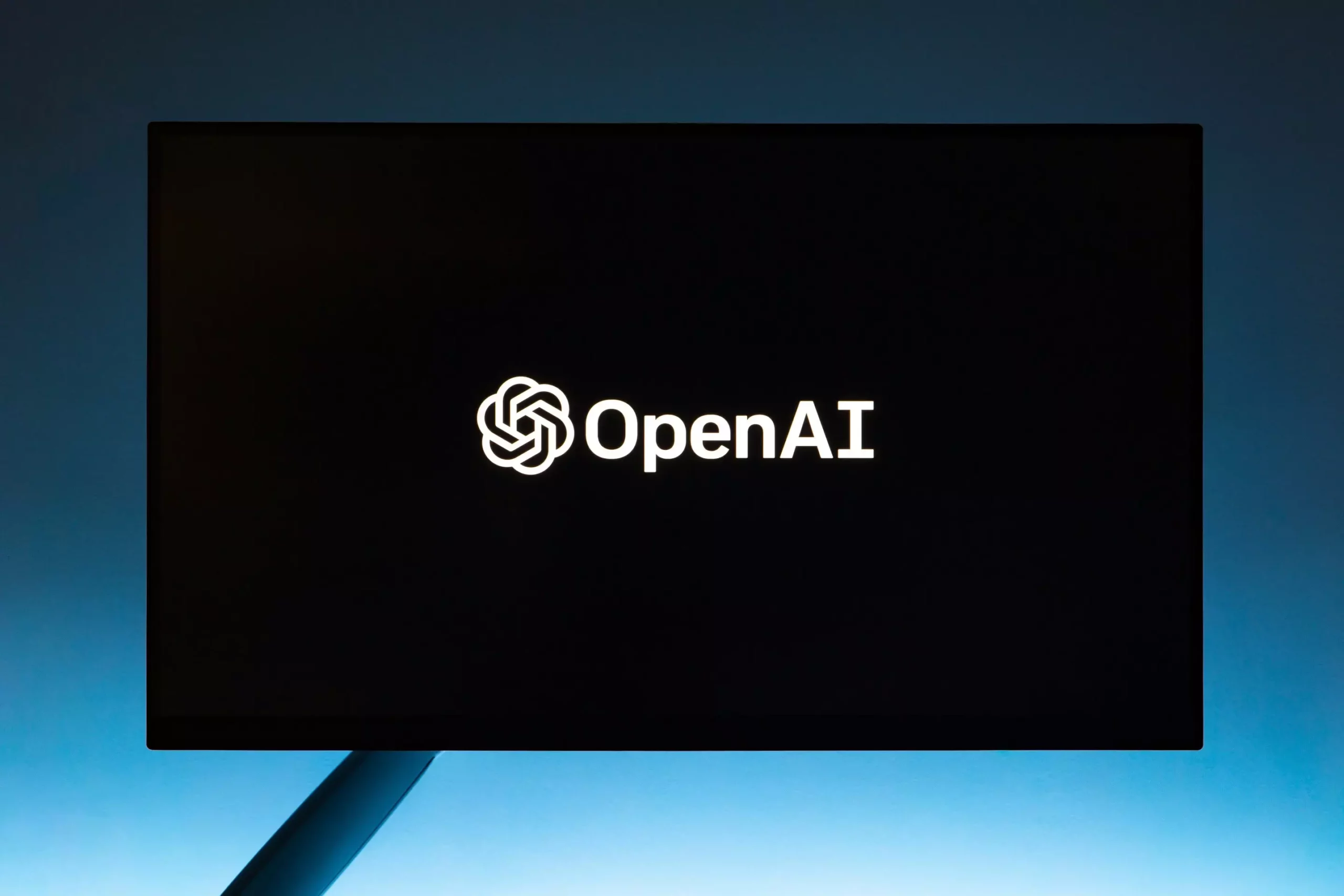OpenAI has recently found itself at the center of a contentious debate regarding the regulation of artificial intelligence (AI). Just last month, the organization publicly opposed a proposed Californian law aimed at establishing foundational safety protocols for AI developers. This marks a notable evolution in OpenAI’s stance, particularly in light of previous affirmations by CEO Sam Altman regarding the need for regulatory oversight in the rapidly evolving AI landscape. As OpenAI continues to assert its dominance in AI technology, evidenced by the recent launch of a sophisticated “reasoning” model and the significant market valuation reaching as high as $150 billion, questions emerge about the implications of its aggressive growth and data acquisition strategies.
In recent months, OpenAI has actively sought partnerships and collaborations that appear to indicate an insatiable appetite for data. These data-gathering endeavors transcend the traditional realms of text or image datasets used for training generative AI models, opening a Pandora’s box of potential concerns around privacy and ethical use. The focus on detailed user interactions, online behavior, and even health-related data raises alarms. Although there is no conclusive evidence that OpenAI plans to amalgamate these streams of data, the mere consideration of such a possibility is fraught with ethical dilemmas. If effectively utilized, this information could significantly augment commercial intelligence and user profiling capabilities, inviting scrutiny about the established norms surrounding centralized data control.
OpenAI has engaged in numerous collaborations with media giants including Time magazine, Financial Times, and Condé Nast, facilitating access to vast reservoirs of content. This resource acquisition could allow OpenAI not only to refine its models but also to analyze reading habits and user preferences on a granular scale. The prospect of delving into user metrics could result in a comprehensive user profiling system, raising concerns about how this information might be employed—particularly regarding surveillance and potential manipulation. While OpenAI asserts that the objective behind these partnerships is to enhance user experience, the implications for data privacy are significant and warrant critical examination.
Adding another layer to the discussion, OpenAI’s collaboration with Thrive Global to create Thrive AI Health underscores the potential diversification of its data sources into sensitive health information. While the initiative emphasizes strong privacy measures, the vagueness surrounding these safeguards elicits skepticism. Historical precedents, where tech companies have neglected user privacy, loom large, reminding us of the ethical pitfalls risked in the pursuit of innovation. Similarly, the company’s recent investment in Opal, a webcam startup focusing on AI-enhanced biometric data capture, could further blur the lines between user engagement and privacy invasion. The attempt to interpret emotional and psychological states through biometric data adds another dimension of concern about consent and personal autonomy.
Beyond its primary focus on generative AI, Altman’s association with controversial ventures like WorldCoin raises further ethical questions. This cryptocurrency initiative seeks to establish an identification system based on biometric data—specifically iris scans—leading to potential misuse in ascertaining identity and personal data proliferation. Allegations of non-compliance with data privacy regulations in various jurisdictions bolster concerns about the ethical ramifications of such expansive data collection methods. While the overarching narrative remains centered on AI advancements, the infusion of biometric identification showcases an alarming trend towards intrusive surveillance practices.
The interplay of these various developments reflects a broader unease regarding data ethics and the implications of centralized control. OpenAI’s reported readiness to prioritize market growth over regulatory compliance presents a precarious scenario; a precariousness amplified by Altman’s temporary ousting and rapid reinstatement, which points to internal tensions regarding the organization’s strategies. As OpenAI continues to challenge regulations, particularly with its recent opposition to a Californian bill, the implications stretch far beyond mere legislative disagreements—indicating a potential trend towards a deregulated business model prone to ethical oversights.
OpenAI stands at a crossroads, with its powerful technological capabilities juxtaposed against ethical vulnerabilities. The exploration of data acquisition practices, biometric undertakings, and regulatory ambivalence positions it within a troubling narrative surrounding privacy and user rights. Without a robust framework to ensure ethical conduct, the rush to harness data for innovative AI developments could come at a high cost—not only to individual privacy but also to the broader societal trust essential for the responsible deployment of artificial intelligence technologies. The evolution of OpenAI merits thoughtful scrutiny as the organization treads a fine line between innovation and ethical responsibility.


Leave a Reply